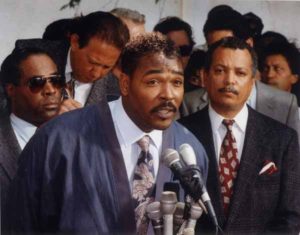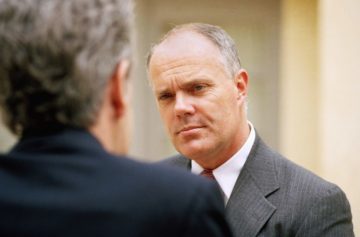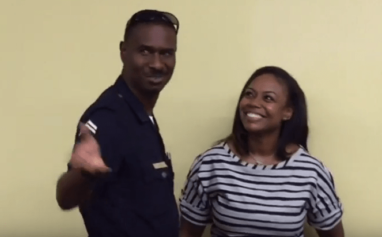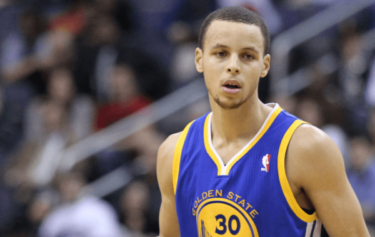
Rodney King appears at a news conference. Photo courtesy of Mercury News/Daily News file photo
The shocking footage of a Black man being pulled from his car and brutally beaten by four police men was looped on television screens across the nation. On March 3, 1991, a man named Rodney King led the Los Angeles Police Department on a high-speed chase through the city. Voice of America News reports that when they finally caught up to him, the officers pulled King out of his car and relentlessly kicked, beat, and clubbed him for over a minute.
The video prompted outrage across the country and put a face to the one of many victims of police brutality. Deadly riots ensued April 29 after the four LAPD officers were acquitted of their crimes. The violence and looting carried on for almost a week and 55 people died before things calmed down, according to Voice of America News.
“Can’t we all just get along,” King said to the media following the acquittal of the officers.
His famous words became a rallying cry for peace but also commentary on the unfavorable race relations in the U.S. 24 years later and the unresolved issues surrounding race and justice still exist.
A multitude of incidents similar to King’s have gained national attention in recent years and have placed a spotlight on the growing tensions between police and communities of color.
A string of tragedies began 4 years ago in Miami Gardens, Florida. On February 26, 2012, a Black teen named Travyon Martin was shot and killed by white neighborhood watchman George Zimmerman. Zimmerman was found not guilty of murder due to Florida’s “Stand Your Ground” law, but was later charged with manslaughter and second-degree murder.
In July of 2014, New York City police officers forced Eric Garner, a 43-year-old Black man, to the ground in an attempt to arrest him for illegally selling cigarettes. Video taken by an onlooker shows Garner in a choke hold by one the cops and can be heard struggling to say “I can’t breathe.” He repeatedly tries to communicate he’s having troubling breathing, but eventually loses consciousness. A grand jury opted not the charge the officer for Garner’s death. The following month, a white cop fatally shot Black teen Micheal Brown in Ferguson, Missouri. The officer wasn’t charged in that case either.
Baltimore Police arrested Freddie Gray, a Black man, in April 2015. Gray passed away a week later due to severe spinal cord injuries he sustained while in police custody. He was left unbuckled in the back of a police van and wildly driven around by officers. News of his death sparked riots in Baltimore, after which a state of emergency was placed on the city, Voice of America News reports.
Growing attention to incidents like these have prompted the creation of a number of social and political movements, like Black Lives Matter and Campaign Zero.
King didn’t start his own political movement, but instead made an effort to turn his negative experience with police into a into a positive one. In an interview that aired on “Oprah: Where Are They Now,” King says he wouldn’t change the beating he suffered at the hands of police, because if it didn’t happen, then there would be “a slower process of people being able to get along.”
“The lesson that I would like people to learn from my incident would be to respect each other’s belief and religion and color, he said.”
That would be King’s last interview, as he passed away from an accidental drowning just two weeks after filming.


